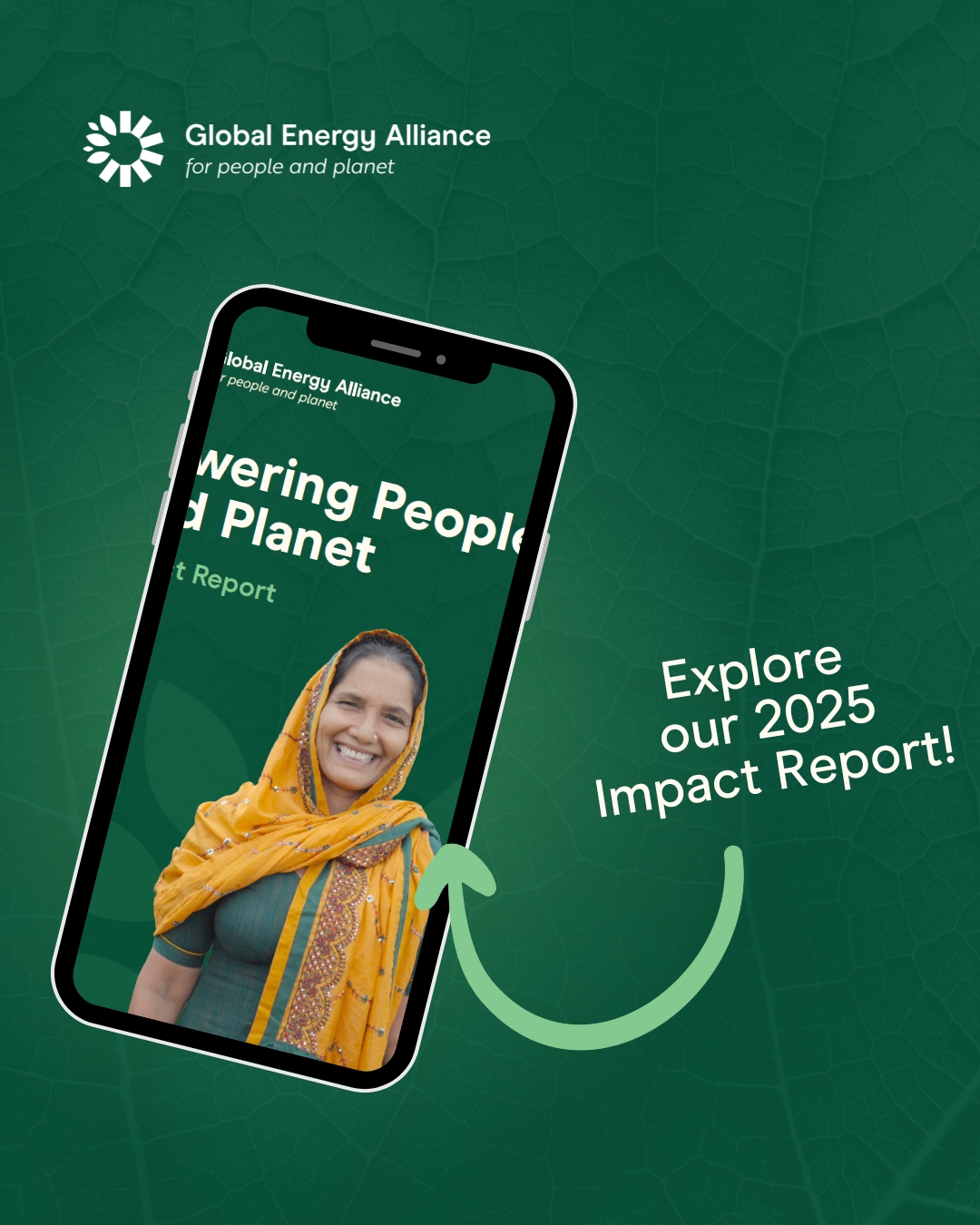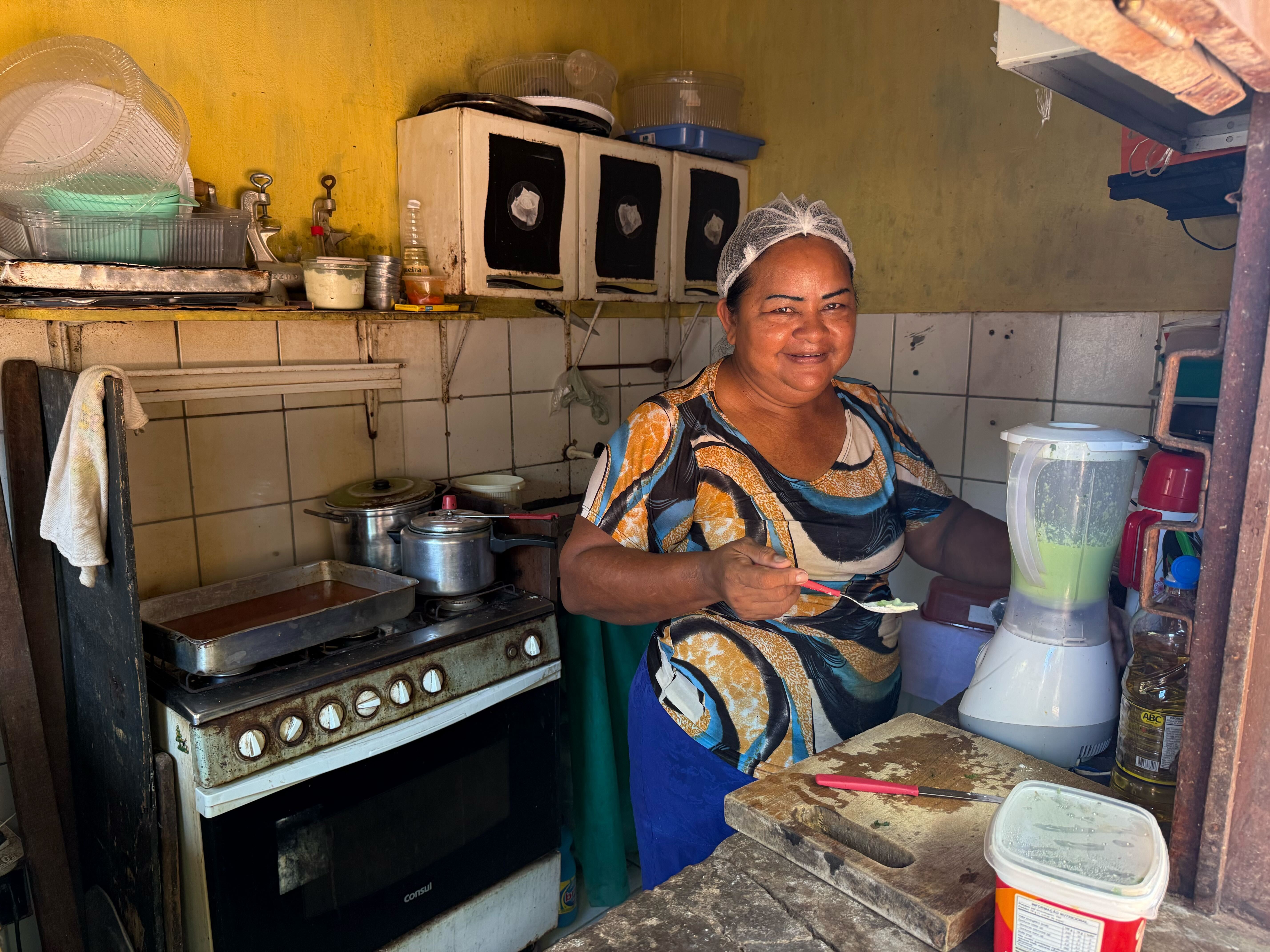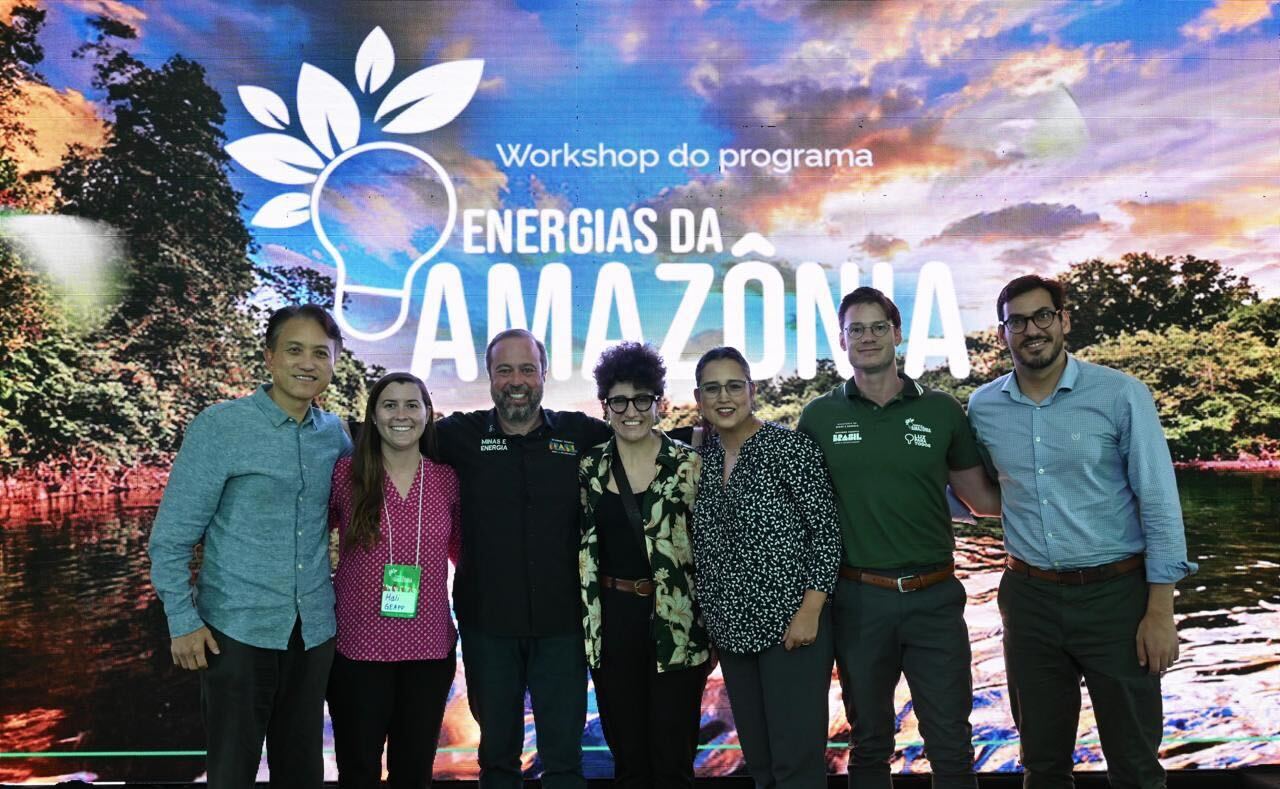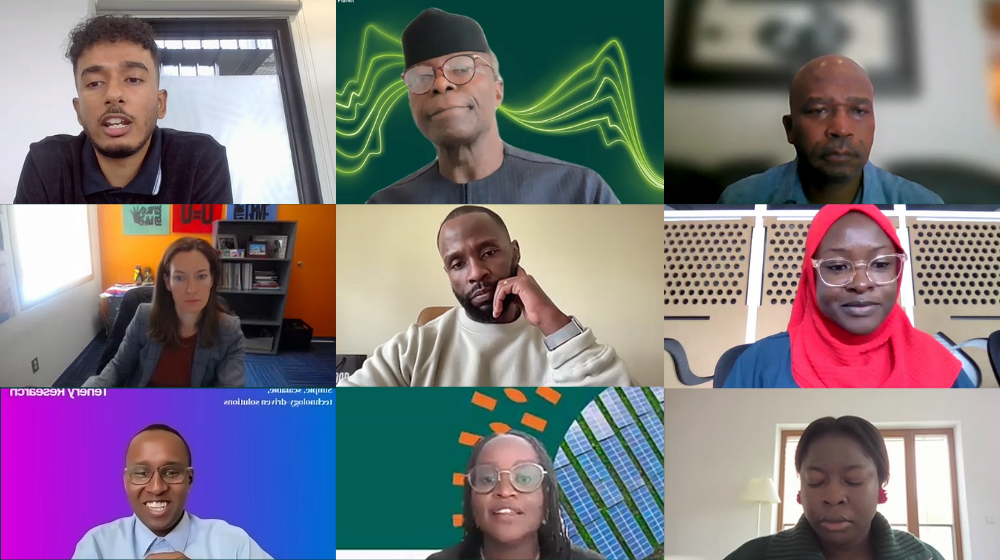LAC Universal Access Coalition Launches Call to Action for Universal Electricity Access by 2030

Rio de Janeiro, Brazil | June 4, 2025 – Today at the 1st Energy Planning Summit, a landmark initiative emerging from Brazil’s 2024 G20 Presidency, GEAPP unveiled a comprehensive strategy to achieve universal electricity access across Latin America and the Caribbean (LAC) by 2030. The summit, held June 3-4, 2025, in Rio de Janeiro and hosted by Brazil’s Ministry of Mines and Energy (MME), Ministry of Foreign Affairs, Energy Research Office (EPE), Brazilian Development Bank (BNDES), and the International Renewable Energy Agency (IRENA), provided the platform for the announcement.
With approximately 16 million people in the region still without electricity and another 60 million experiencing unreliable service, GEAPP calls for urgent action on the road to COP30 to address energy poverty – not just a technical challenge, but a massive opportunity to advance economic growth and sustainable development across the region.
The LAC Universal Access Coalition
To tackle these challenge and take advantage of the opportunity, the LAC Universal Access Coalition (UAC) brings together global and regional organizations, including the Global Energy Alliance for People and Planet (GEAPP), the International Energy Agency (IEA), the Latin American Energy Organization (OLADE), and the National Renewable Energy Lab (NREL), among others, to accelerate efforts toward achieving SDG7: universal access to affordable, reliable, and modern energy.
The announcement builds on the Coalition’s momentum since its launch at the Energies of the Amazon Conference in Belém, Brazil in November 2024. There, GEAPP announced its financial and technical resources commitment to support Brazil’s equitable energy transition, focusing on the Amazon region, which faces unique energy access challenges. Brazil will host the UN Climate Change Conference (COP30) in Belém in November 2025, underscoring the country’s leadership in advancing universal access as part of the global energy transition.
Making History: The First Developing Region to Achieve Universal Access
“This report is a call to action for all stakeholders—from governments to businesses and local communities—to work together to address the barriers to ending energy poverty in the region,” said Isabel Beltrán, Vice President, Latin America & the Caribbean for GEAPP. “We have the opportunity to make Latin America and the Caribbean the first developing region to achieve universal access to electricity, which is fundamental to economic development—without it, children cannot study after dark, health facilities cannot operate essential equipment, and communities cannot develop economically. With over 76 million people without access to electricity or experiencing unreliable service, we have significant work ahead. Yet the opportunity has never been greater. We can achieve universal electricity access by 2030 through bold action, innovation, and unprecedented collaboration.”
“As we aim to achieve universal electricity access in LAC by 2030, it’s clear that new approaches, partnerships, and financing models will be essential,” said Andres Rebolledo from OLADE. “We are excited to build on the momentum of the UAC’s launch in Brazil and continue working toward a future where every community in LAC has reliable access to clean, affordable electricity.”
Evidence-Based Solutions for the Energy Access Challenge
The report, based on extensive research and analysis across key LAC countries, reveals that while the region has made notable progress in connecting citizens to electricity, the most marginalized and geographically isolated communities continue to face significant barriers. Many of these areas, often lacking basic infrastructure and facing economic disadvantages, remain disconnected from national grids and are highly dependent on costly and polluting diesel generators.
In response to these challenges, the Coalition has identified five key outcomes necessary to reach universal electricity access in the region:
- Enhanced knowledge creation and sharing across the region
- Strengthened policy and regulatory environments at national and regional levels
- Increased technical capacity to plan, develop, and operate energy access projects
- Improved jobs and livelihoods through the productive use of energy for households, businesses, and public facilities
- Mobilized human and financial resources
The report emphasizes the importance of innovative business models and financing mechanisms, including fee-for-service and lease-to-own systems, as well as flexible, renewable-based solutions in hard-to-reach areas. These models will enable energy access for low-income families and underserved communities while supporting local economic development.
A Call for Collaboration
As part of the LAC Universal Access Coalition, GEAPP urges governments, development finance institutions, private sector companies, and local communities to collaborate across sectors to implement the report’s recommendations and achieve universal access by 2030.
We call on all stakeholders to engage in collaborative, resource-driven efforts to close the energy access gap in LAC. Key takeaways from the report highlight the need for long-term commitment, innovative financing solutions, and the active involvement of local communities to ensure that electrification efforts are sustainable, inclusive, and effective. Furthermore, governments must create enabling environments for investment, while the private sector can bring innovative technologies and business models to expand energy access.
The timing is critical: with COP30 approaching, the LAC region has the opportunity to demonstrate that universal energy access and climate action can advance together, creating a model for other developing regions worldwide.
***
About Global Energy Alliance for People and Planet (GEAPP)
The Global Energy Alliance for People and Planet (GEAPP) is an alliance of philanthropy, governments in emerging and developed economies, and technology, policy, and financing partners. Our common mission is to enable lower- and middle-income countries’ shift to a clean energy, pro-growth model that accelerates universal energy access and inclusive economic growth, while supporting the global community to meet critical climate goals during the next decade.
As an alliance, we aim to reduce four gigatons of future carbon emissions, expand clean energy access to one billion people, and enable 150 million new jobs. With philanthropic partners IKEA Foundation, The Rockefeller Foundation, and Bezos Earth Fund, GEAPP works to build the enabling environment, capacity, and market conditions for private sector solutions, catalyze new business models through innovation and entrepreneurship, and deploy high-risk capital to encourage private sector solutions and assist just transition solutions.
For more information, please visit www.energyalliance.org and follow us on LinkedIn.
Media Contact: Eric Gay | media@energyalliance.org



